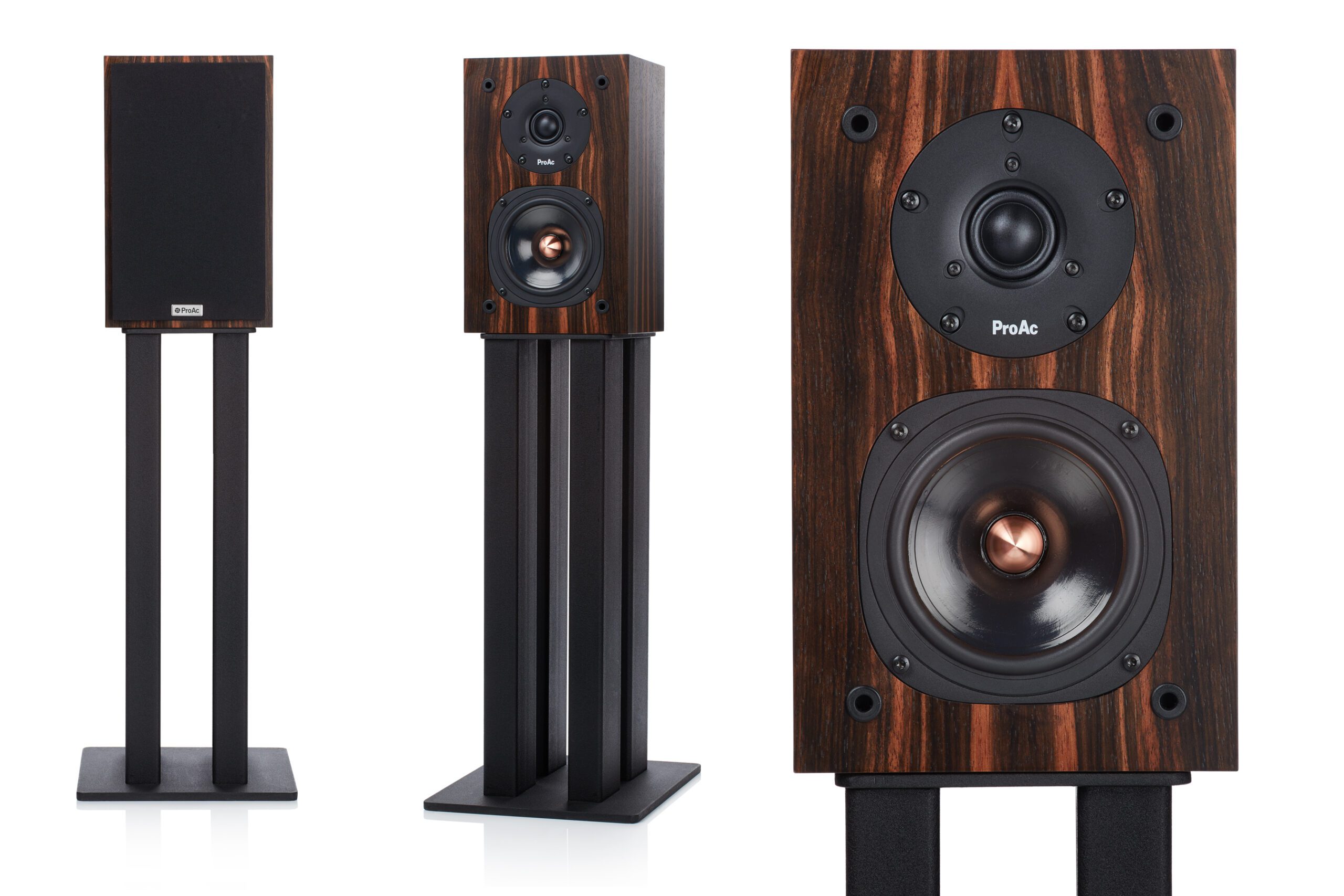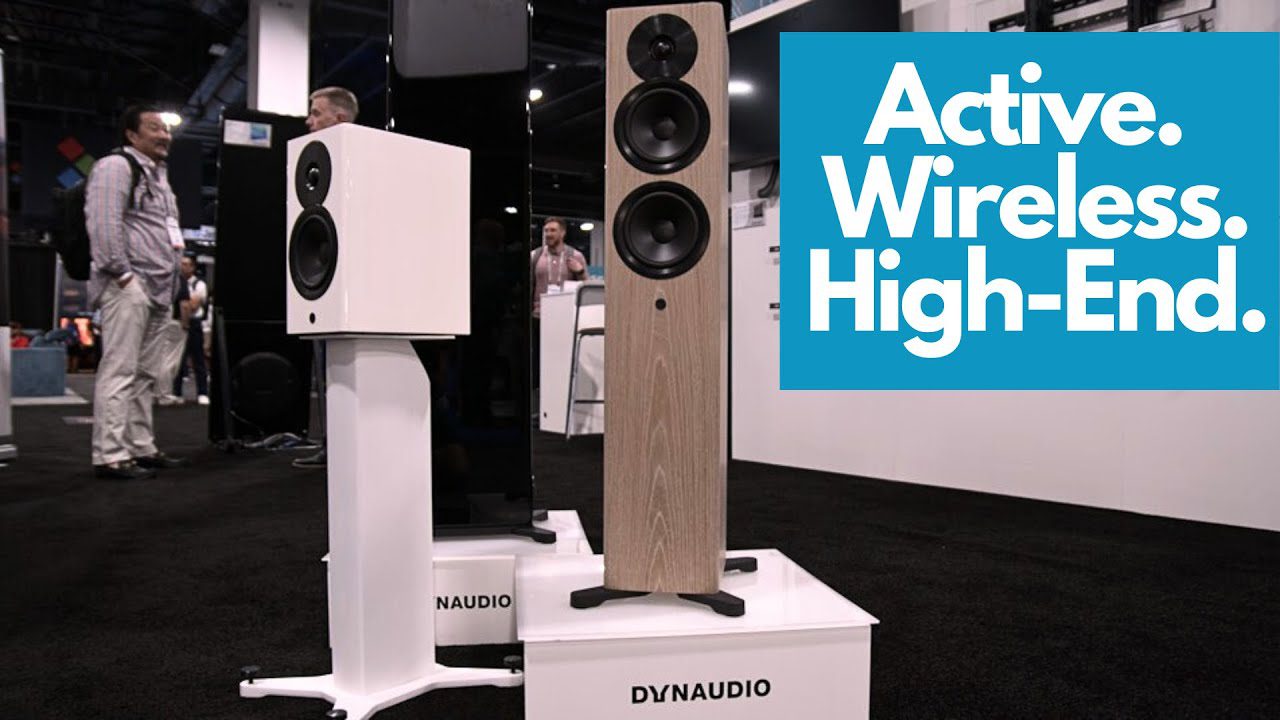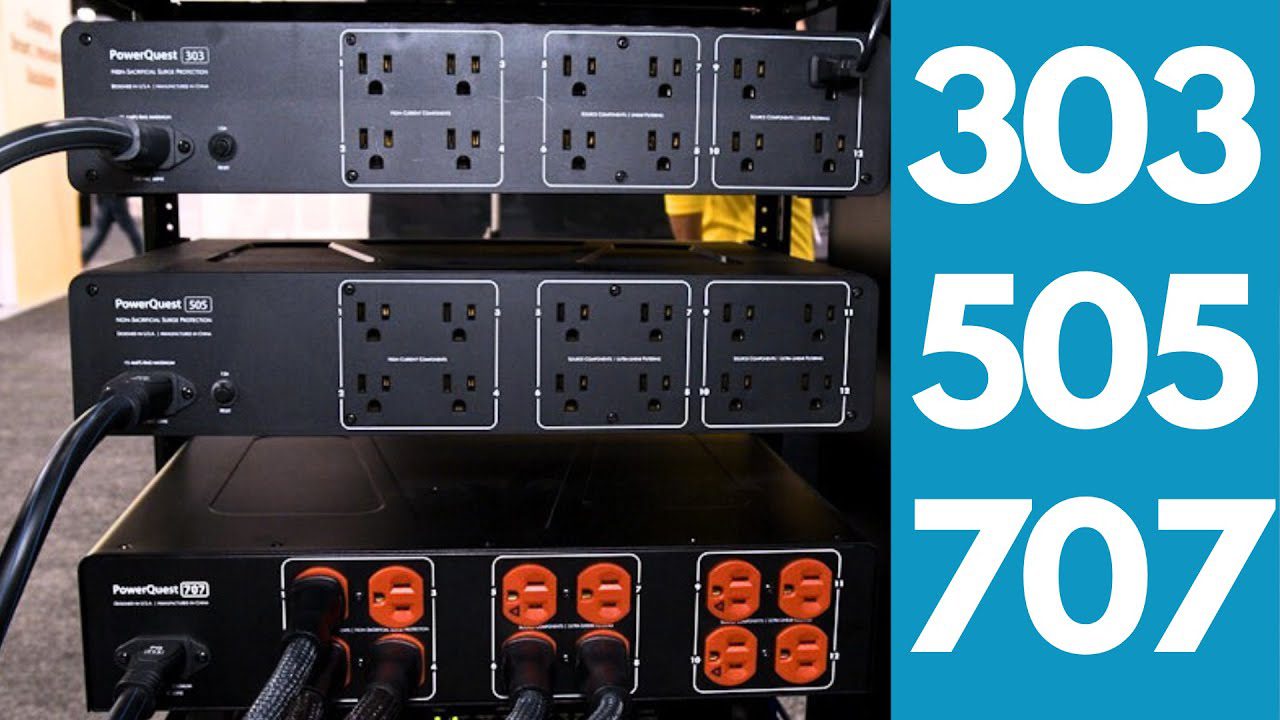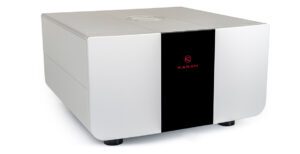
Modwright’s founder, Dan Wright, started out modifying third party components, which makes the company’s name entirely appropriate. But while Modwright still modifies products, today it is better known for its own range of electronics that incorporate both valves and transistors housed in thick aluminium casework with blue lighting, such as the PH 150 tested here. The PH 150 is the only phono stage in the Modwright line, and it’s quite an ambitious beast, with a whole host of controls on the front panel. When you think that most phono stages are totally devoid of accessible controls, this makes a distinct change; it adds to the phono stage’s cost and signal path length, but it has the advantage of making positive changes to cartridge load and gain.
Having used phono stages with fiddly DIP switches, which can only be set by someone who has better than 20:20 vision and a friend to cross-reference the phono cartridge’s loading with the manual, this sort of user friendliness is very welcome. The PH 150’s feature set starts with moving coil or moving magnet cartridge inputs, and a mute position between the two on the left most knob. In true valve engineering tradition, the MC input has step-up transformers to bring the output up to a level where it can be amplified by a thermionic device without noise becoming an issue.

Next in line after the power button is a gain adjuster with three settings; 0dB, -6dB, and -12dB. These apply to both the MM and MC inputs. I used the 0dB setting that produced higher gain than most phono stages, at least with the two MC cartridges I tried. The next knob lets you dial in capacitance to suit specific moving magnet cartridges. Initially it seems a bit odd to include a MM input at all; after all who would use what many consider to be relatively crude technology with such a high-ticket phono stage. However, some cartridges require unusual impedances to show off their best, and it would be impossible to accommodate them all with onboard transformers.
The last controller on this extremely well-finished box is for selecting MC load impedance. This is useful if you are using the internal step-ups. Cartridges usually specify an optimum load, but in practice the best impedance tends to vary with the phono stage in use. So it’s really great to be able to try different settings on the fly. The most obvious difference that the ability to select a MC load impedance on the PH 150 delivers was to change the output due to increased impedance. But when that had been taken into account, I found that not only did it produce surprising differences in timing, but also altered the way that different instruments worked together; and it wasn’t too difficult to find an optimum setting either. It’s inconvenient that being able to select a MC load impedance involves more than just picking the loudest option. I should also mention that the Modwright has a mono switch which is a luxury even at this price, and an increasingly useful one, what with the slew of reissues being made available in this surprisingly effective format.
The PH 150 has Lundahl step-up and output transformers offering both single-ended and balanced outputs, and proper line driving capabilities – which is useful should you require long interconnects. As is pretty much the norm with phono stages, the power supply is in a separate case, again with a chunky aluminium faceplate. The two are connected with a bright blue umbilical that Modwright calls ‘Truth’. The power supply itself is a solid-state type with a reasonably chunky toroidal mains transformer and no controls so its significant bulk can be stashed away, albeit no more than four feet from the PH 150.
Quite a lot of valve phono stages sound like valve phono stages, and not necessarily in a good way. I would rather not hear any character from audio electronics, but the popularity of valves would suggest that this is not a universal opinion. The PH 150, however, is not that way inclined, and while there are certain aspects of its sound that one associates with thermionic amplification, they are well controlled and avoid making their presence heard most of the time. The sound is not as precisely focussed as it is with a good solid-state stage, but it has plenty of power and decent, if not a floor-shaking bass extension. Its intrinsic sound can be described as natural; that is, it’s relaxed and tonally rich, making voices and acoustic instruments seem believable and real. Valves can create a soft, overly large, and refined but indistinct sound with poorly defined leading edges, which thankfully is not the case here. In fact, the presentation is quite similar to a good, solid-state stage.

Playing Joni Mitchell’s ‘Sweet Sucker Dance’ [Mingus, Asylum] with a Van den Hul Condor Gold MC on the Vertere SG-1 arm atop an MG-1 turntable from the same brand, I was struck by a slight dustiness to the snare sound, and the fact that the noise floor had risen compared to my Trilogy 907 phono stage. But what was also apparent was that the PH 150 ‘times’ well and can make Joni’s voice seem so real. The tonal transparency of the amplifier may not be as precisely etched in stereo image terms, but the vitality and vibrancy of the sound makes up for any lost transparency. The next track, ‘The Dry Cleaner From Des Moines’, has fabulous brass stabs that reveal the alacrity with which the Modwright can stop and start. While it may not be the quickest in this regard, the fact that the brass has so much brassiness is rather nice.
This inspired me to play a valve-era recording by the Marty Paich Big Band [The New York Scene, Discovery].Trumpeter Stu Williamson was one of the lesser-known players in this star-studded ensemble, but ‘I Love Paris’ with its muted trumpet reveals why he was included. At the other end of the scale, you have Scott LaFaro’s double bass that sounds round and full. And then there’s Jimmy Giuffre’s clarinet, for which sublime is the only word that seems appropriate to describe it. The clarinet’s tone is pretty close to the voice, for which the PH 150 offers superb delivery, as is proved with the way in which it handled Taj Mahal singing in Conjure’s Music For The Texts Of Ishmael Reed [American Clavé]. With the PH 150’s handling of this piece, it’s not so much that you get a palpable image in the room, but rather that you feel you are able to understand what that voice is really saying, and what the underlying message is all about. This is partly because the stage separates everything in the mix so well, making it easier to appreciate what each is doing.
With a Rega Apheta 2 MC on the RP10 turntable, the PH 150 revealed the extreme neutrality of the front end, and delivered a tight, yet vibrant version of events that was engaging, though perhaps less tonally rich. With such an arrangement, the immediacy was greater, and instruments and voices had more ‘body’. With ‘Postmodern Blues’ from Patricia Barber’s Modern Cool [Premonition], the low frequency backdrop is well handled, though not fully extended. The PH 150 clearly emphasises the way the bassist’s left hand slides on the neck of his bull fiddle, at least until Ms Barber joins the fray, and then every syllable of her voice in this complex passage is easy to comprehend.

The Modwright PH 150 is not your typical valve phono stage. It’s a bit more precise than that, but it does deliver many of the traits that make the technology appealing in the 21st century. The PH 150 is not as dynamic as the best in its class, but it is more tonally even than many; combined with its high quality build and ease of adjustment, this make for a very interesting option for those who want to hear more from their vinyl.
Technical Specifications
- Type: Two-piece, valve, MM/MC phono stage
- Phono inputs: Two pairs single-ended (via RCA jacks)
- Analogue outputs: One pair single‑ended (via RCA jacks), one pair balanced (via XLR)
- Input impedance: 10 Ohm – 47kOhm
- Input capacitance: 0 – 680pF
- Dimensions (H×W×D): Phono stage preamp 127 × 432 × 305mm
Power supply unit (PSU) 127 × 267 × 216mm - Weight: 40.7kg
- Price: £6,250
Manufacturer: Modwright Instruments, Inc.
URL: www.modwright.com
UK Distributor: BD Audio
Tel: +44(0)1684 560853
URL: www.bd-audio.co.uk
Tags: FEATURED
By Jason Kennedy
More articles from this authorRead Next From Review
See all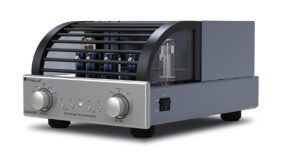
PrimaLuna EVO 100 phono preamplifier
- Apr 22, 2024
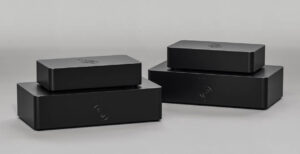
Reiki Audio SuperSwitch Master Pro + Servant Pro
- Mar 27, 2024
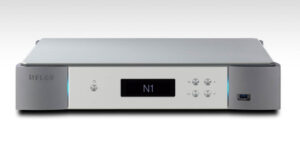
Melco Audio N1-S38 music server
- Mar 27, 2024

